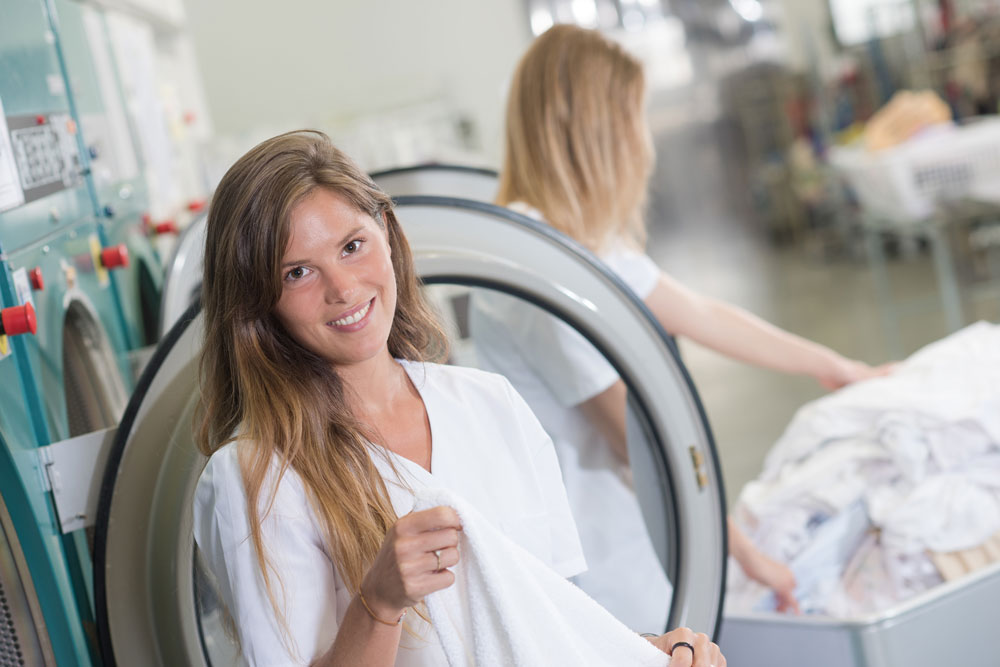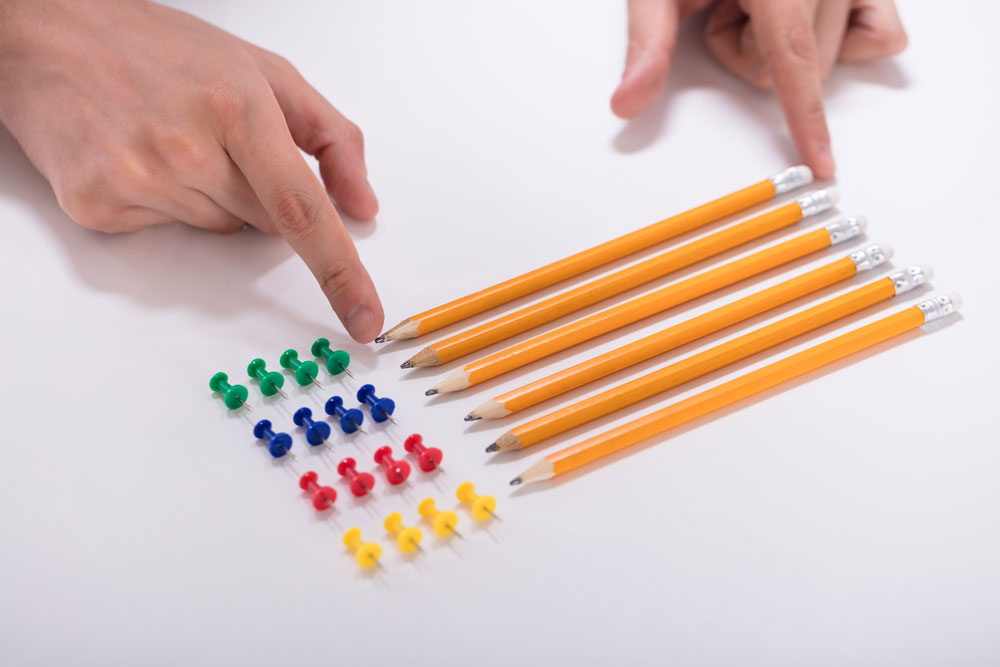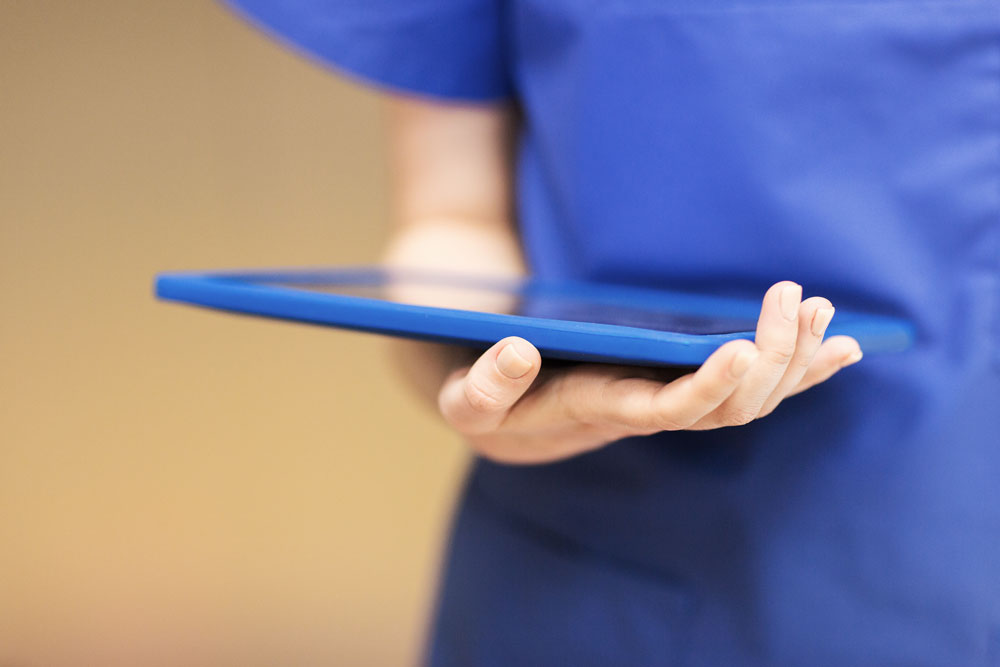The routines for sampling must be correct otherwise the test results may be wrong
This article is translated with AI and written based on Swedish conditions. Hopefully, it can inspire interested people from other countries.
Many people living in nursing homes have diseases that need to be monitored with regular testing. Correct testing is a prerequisite for safe and secure care. The person taking the samples must be meticulous and knowledgeable about how the sample should be handled, otherwise the test results may be incorrect and the resident risks receiving incorrect treatment.
 Foto: Mostphotos
Foto: MostphotosSafe handling of samples
Sample collection requires safe routines to be done correctly. The correct sample tube, storage, and transport must be utilized to ensure a secure chain of accurate test results. Many different samples can be taken at the nursing home. This could involve blood samples, urine samples, stool samples, and other types of samples. All samples need to be handled correctly to provide reliable results. Incorrectly handled samples often lead to delayed test results and in worst cases, unnecessary suffering for the resident.
It's important to have the correct sample collection equipment at the facility, so that the necessary samples can be taken. To ensure the right equipment is available, it may be a good idea to create a list with the physician of the samples that might need to be ordered and then ensure to order the materials needed to take the samples. Keep in mind that sample collection materials may have a limited shelf life, so there's no reason to stock up on large quantities of materials that are rarely used in operations.
Before the sample is taken, it's not only important to have the right sample tube and other equipment. Some samples require the patient to be fasting or that there are other preparations needed. The resident needs to be prepared. Some are afraid of needles and need pain relief to dare to take samples.
Sample tubes must be labeled correctly
It's important that the sample tubes are labeled correctly and that storage while awaiting transport and during transport is done correctly. There also need to be safe routines for how syringe tips and hazardous waste should be handled. Likewise, there need to be routines for actions in case of needlestick injuries. There may be a risk of bloodborne infection in case of needle and cut injuries and blood contact/mucous membranes. It's important that there's a clear instruction to rinse and disinfect. Moreover, there need to be contact routes for sample collection, referral, and contact with the infection clinic in connection with needlestick injuries. In some cases, some form of prophylactic treatment should also be given. An occupational injury report and deviation about the incident should also be written.
It's important that the person taking the sample has the correct instructions and equipment. It's usually nurses who take blood samples and hopefully, they have access to instructions about which sample tubes should be used and how they should be stored and transported. Some samples need to be analyzed within a certain time and therefore, transport can sometimes also be important, as well as storage in cold conditions while waiting.
Sample collection in urine or feces
Care assistants may sometimes be tasked with taking urine or fecal samples. This is based on the fact that sample collection needs to be adapted to the resident's needs. Here, it's important that bacteria are not introduced during the sample collection. Even here, samples may need to be stored in cold conditions while waiting for transport to prevent bacteria from starting to grow in the sample.
Stool samples are taken by placing plenty of paper in the toilet or having the resident sit on a clean toilet bowl. The collected material should be at least pea-sized. The regions often have guidelines for how their sample tubes should be handled. When it comes to urine samples, a catheter may sometimes need to be inserted to get a urine sample from the resident.
Reflection questions - sample collection
Care staff:
- Do you ever have to take samples?
- Do you receive clear instructions on how the sample should be taken?
Manager, nurse, occupational therapist, and physiotherapist:
- Do you have good routines for sample collection?
- Do you have the equipment required to handle the samples correctly?
- Do you have good routines to check that sample tubes and other equipment are correct?
Residents and relatives:
- Do you have a relative who needs to take samples regularly?
- Do you get feedback on the test results?
- Are the routines functioning so that the samples are taken at the correct interval?
Erland Olsson
Specialist nurse
Sofrosyne - Better care every day

Aktuellt i media
-
2026-01-08 04:00
13 Hygien
By changing work clothes at least once a day, the risk of spreading infection decreases.
info Foto: Mostphotos
Foto: Mostphotos - 2025-12-29 04:00 08 Förebyggande o lokaler
-
2025-12-18 04:00
16 Sjukdom och död
Survivor conversations - an important element in working with next of kin
info Bild från Summer Stock
Bild från Summer Stock - 2025-12-15 04:00 17 Psykisk hälsa
- 2025-12-11 04:00 07 Riskhantering
- 2025-12-08 04:00 06 Dokumentation





